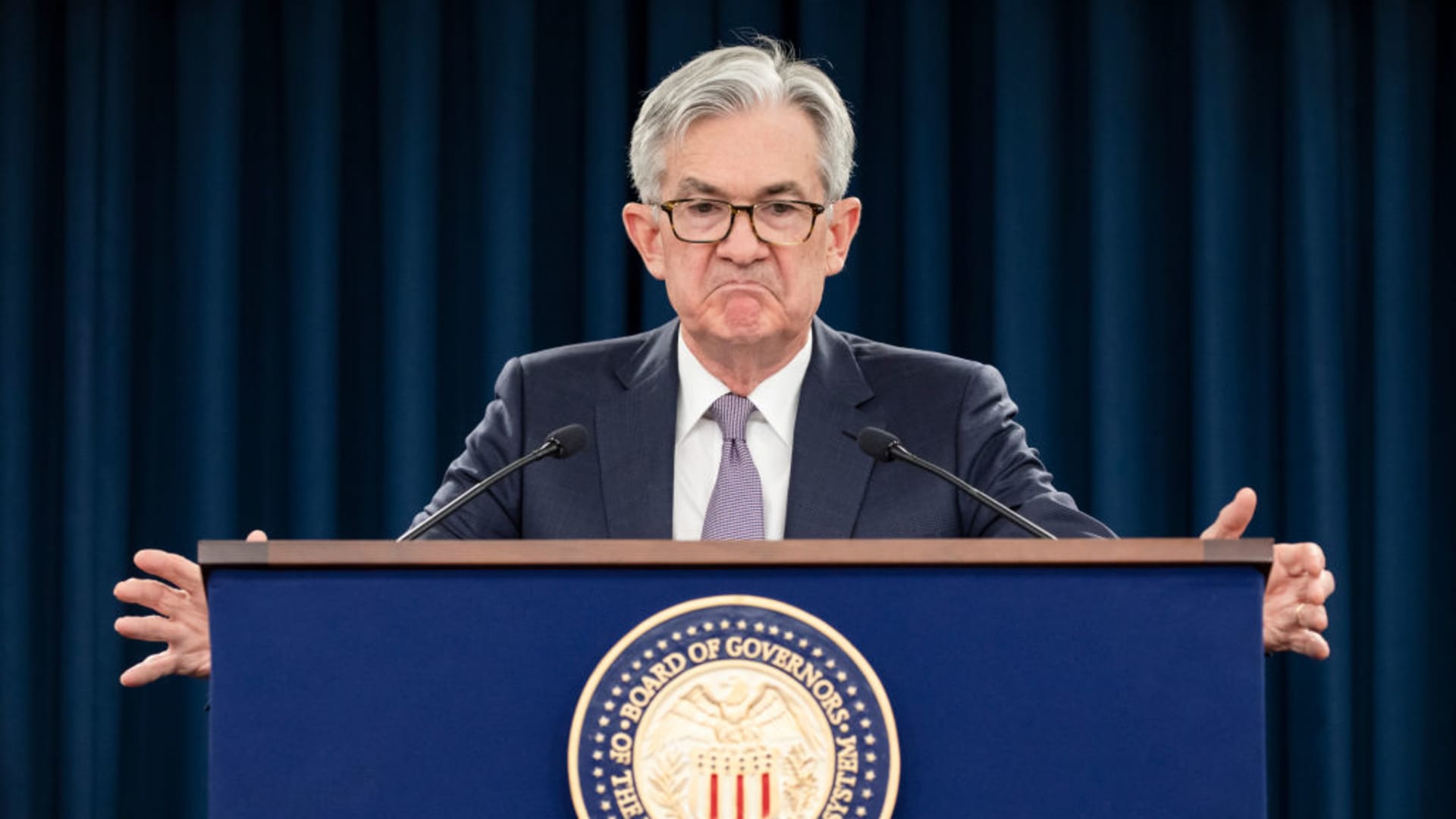US Markets
Tuesday, October 1st, 2024 5:42 pm EDT
Key Points
- Iran’s missile retaliation: Iran launched a ballistic missile attack on Israel in response to the recent killing of Hezbollah leader Hassan Nasrallah and Iranian Revolutionary Guard commander Abbas Nilforoushan by Israeli forces in Lebanon.
- Escalation of conflict: This attack came amid increasing tensions, with Israeli ground forces moving into southern Lebanon to combat Hezbollah, escalating the conflict between Iran-backed Hezbollah and Israel.
- U.S. and international response: The U.S. warned Iran of severe consequences for any direct attack on Israel, while Israel’s Iron Dome defense system intercepted many incoming missiles. The attack also had significant economic repercussions, including a surge in oil prices due to fears of instability in the Middle East.
On October 1, 2024, Iran launched a ballistic missile attack on Israel in retaliation for the deaths of key figures: Hezbollah leader Hassan Nasrallah and Iranian Revolutionary Guard commander Abbas Nilforoushan, who were killed in an Israeli airstrike in Lebanon. This escalation followed Israel’s intensified ground operations in southern Lebanon against Hezbollah, a militant group backed by Iran. Iran’s Islamic Revolutionary Guard Corps (IRGC) confirmed the missile strikes, warning that any Israeli response would lead to a “crushing” counterattack.
The missile attack targeted military and government sites in Israel rather than civilian locations, according to U.S. officials. Air raid sirens rang out across Israel, and civilians sought shelter as the country’s Iron Dome defense system intercepted incoming rockets. In response to the attack, the White House condemned Iran’s actions, stating that any direct assault on Israel would result in “severe consequences” for Iran. President Joe Biden, along with national security officials, reviewed U.S. preparations to assist Israel in defending itself.
This attack comes amid an ongoing conflict between Israel and Hezbollah, which escalated further when Israeli forces crossed into southern Lebanon. The presence of Israeli troops in Lebanon, numbering in the low hundreds, aims to counter Hezbollah’s growing influence. Iran had already vowed retaliation for the deaths of Nasrallah and Nilforoushan, accusing the U.S. of complicity in the killings due to its support of Israel.
The missile strikes also had significant economic repercussions. Global markets reacted with concern, particularly the petroleum sector. West Texas Intermediate crude oil surged nearly 3%, driven by fears of instability in the oil-rich Middle East, pushing prices close to $70 per barrel. This marks a continuation of heightened tensions between Iran and Israel, which have seen several military confrontations over the years, including an April 2024 drone and missile attack by Iran after the killing of two Iranian commanders in Syria by Israeli forces.
Amid this volatile environment, the U.S. Embassy in Jerusalem issued warnings for all government employees and their families to shelter in place and advised U.S. citizens in the region to exercise caution. The embassy highlighted the unpredictable and rapidly changing security landscape, especially as rocket fire, drone intrusions, and other security incidents occur frequently without warning.
In summary, the missile strikes reflect the deepening conflict between Israel and Iran-backed Hezbollah, as well as Iran’s broader support for militant groups in the region. The situation remains tense, with both military and geopolitical consequences that have global ramifications, including economic impacts on energy markets. The continued exchange of hostilities raises the risk of further escalation in an already fragile and volatile region.
For the full original article on CNBC, please click here: https://www.cnbc.com/2024/10/01/iran-readying-imminent-ballistic-missile-attack-against-israel-us-official-tells-nbc-news.html




